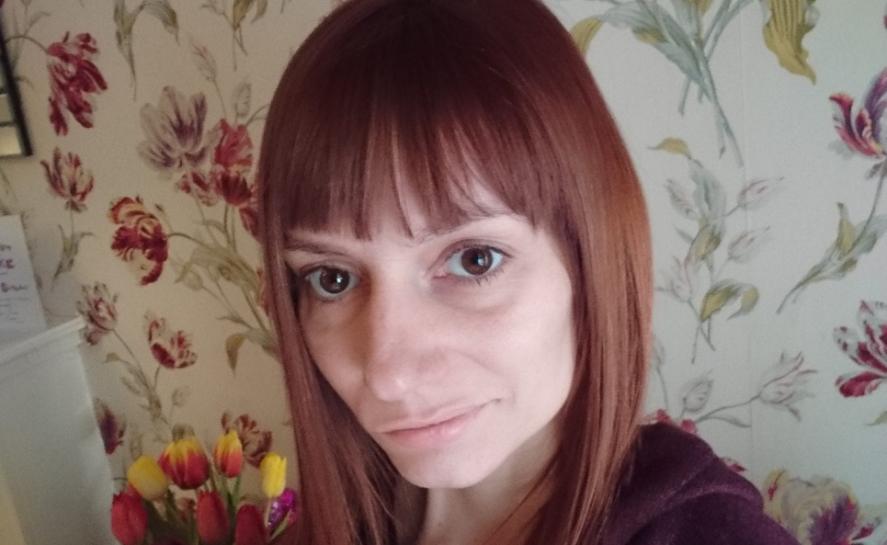
All I will say is; yes it sucks, hugely, but I will not allow it to completely destroy my life, even if I do end up in a wheelchair sooner than expected. Accepting it, adapting and learning from it, as well as educating others, is now why I am here. I’ll ring-fence fundraising into vital research and get clinical trials supported, started and completed. And I will endeavour, throughout the rest of my life journey living with Facioscapulahumeral muscular dystrophy, (FSHD) to inform and support others with the condition.”
Life has taken on a new positive meaning for 32-year-old Alexandra since she finally received a diagnosis, but it was a very long pathway to get there. At Muscular Dystrophy UK, we know that the pathway taken by 70,000 people in the UK with a muscle-wasting condition is often long and always incredibly challenging
Scottish single mum Alexandra from Gorebridge, Midlothian, went to her GP and finally discovered what her problem was in 2007, despite having had a significant level of facial paralysis from toddler-hood.
“The most obvious symptom is my smile and a lack of symmetry in my facial expressions, which leaves my eyes partially open whilst sleeping, and my inability to suck through a straw properly or to blow a balloon up.
“The reason I finally approached my GP was because it was getting harder to walk. I was walking more sideways when faced with even the smallest incline or uneven surface, not to mention problems ‘clearing’ my feet whilst climbing stairs. Damn those stairs! My walking pace has significantly slowed now.”
FSHD is a genetic muscle-wasting condition that causes muscles to weaken and waste over time, leading to increasing disability. Between 2,000 and 2,500 people in Britain have it, with several generations of a family often affected, making it the third most common muscular dystrophy. The mutation of the DUX4 gene has been identified as the cause.
Around half of the people with FSHD develop weakness in their leg muscles and one or two in every 10 will eventually need a wheelchair. FSHD can develop unevenly, so the muscles on one side of the body may be affected more than the other. There are many other signs that can appear throughout the manifestation of this condition including winging of the scapula muscles, leaving people unable to raise their arms above their head.
Alexandra is now focusing her skills on Alexandra’s Family Fund. You can read more about her work and donate on: JustGiving.
You can find out more about FSHD in our condition information. If you need support or advice about FSHD or any other type of muscle-wasting condition, you can call the MDUK Freephone helpline on 0800 652 6352 or email info@musculardystrophyuk.org
